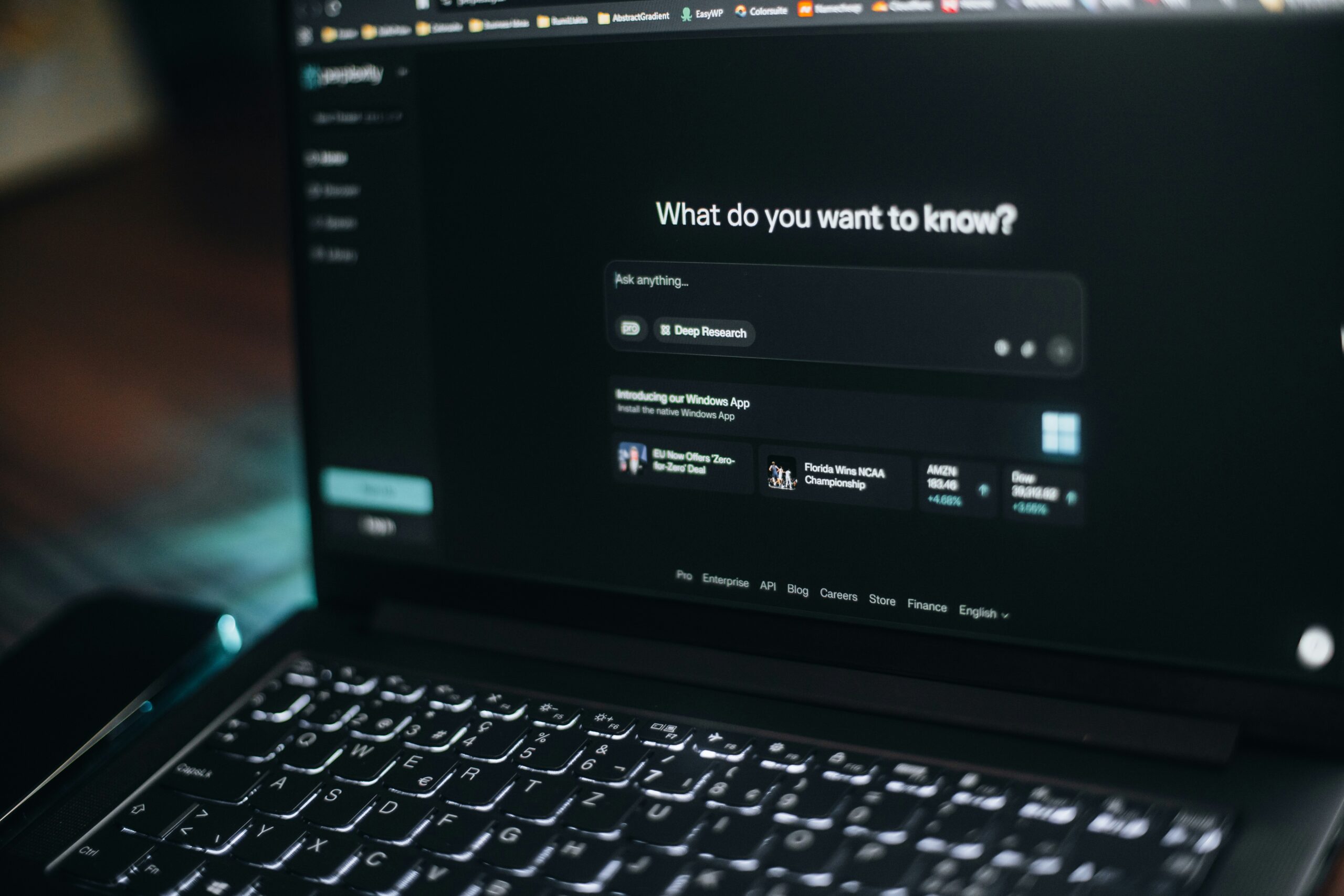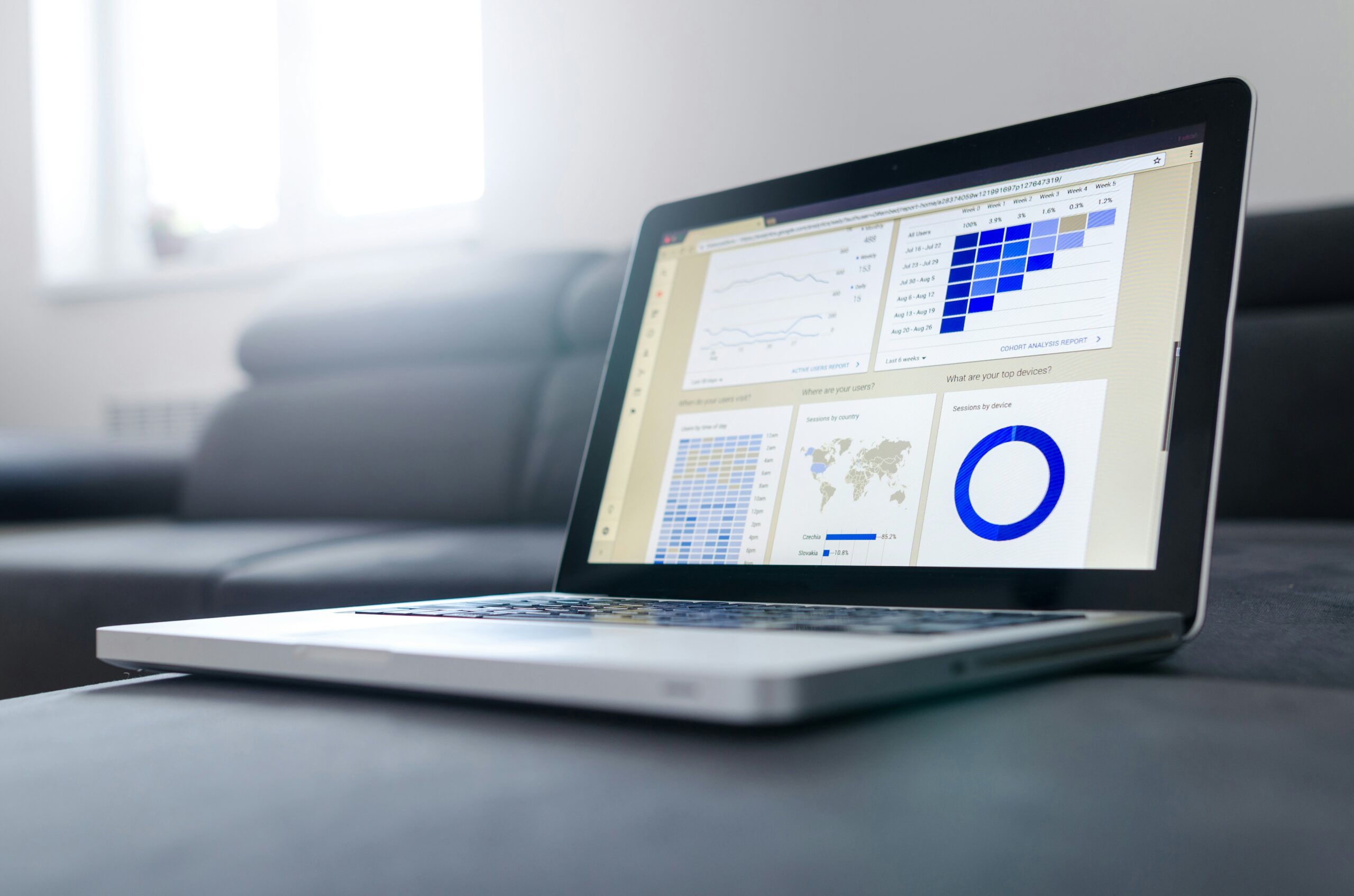Artificial intelligence has been with us since the 1950s, but many people’s understanding of it still comes through sci-fi movies or shock newspaper headlines. Many worry that this technology is taking away our ability to think and act for ourselves, invading our privacy and taking our jobs. A recent poll by YouGov even found that 41 percent of the British public saw AI as a threat equivalent to nuclear weapons!
The reality is generally much more low key. Rather than creating new dystopias, AI has been most successful when applied to small, specific tasks, which are either too difficult or too time consuming for humans to carry out. As the potential of AI becomes more clear, ethical, or ‘Responsible AI’ has begun to be embraced by members of the tech community involved in solving some of humanity’s more intractable problems, potentially changing the world for good.
Agriculture
We’ve heard about the future of agriculture before thanks to the great GM revolution which promised to feed the planet with crops that were free from blight and disease. But it didn’t take long for GM foods to become as reviled as Victor Frankenstein’s final creation. Now AI is attempting to help farmers successfully produce more food. Sainsbury’s supermarket is testing sensors that will be able to provide data instantly to let farmers know the areas of their farm which most need water – perfect in drought prone countries or inaccessible locations. Meanwhile large scale farming is becoming more efficient thanks to AI powered drones. These drones are able to scan extremely large areas of farmland producing a large number of images, whilst also being able to use AI technology such as image recognition to be able to very quickly and accurately detect areas of farmland which are affected by disease in a way that even the most dedicated farmers could ever dream of.
Healthcare
AI’s role in assisting and sometimes replacing doctors is one of the more sensitive areas. In 2017 the UK’s data protection watchdog ruled that the NHS had illegally handed over the data of 1.6 million British patients to Google. The case showed that safeguards are needed whenever personal data is being used. However, when accessed responsibly, there is no denying that the results can be impressive. A two year partnership between Google’s DeepMind and London’s Moorfield hospital used data from thousands of retinal scans to train AI algorithms to detect signs of eye disease. It worked more quickly and efficiently than any human, cutting down the work done by a highly trained and expensive specialist from hours to just seconds. The next step is to use the same AI to analyse radiotherapy scans for cancer.
Endangered species
The appearance of AI driven drones in our skies bring with them fears of inescapable state surveillance. But studies by scientists tracking populations of endangered animals have found a new use for the technology – detecting and tracking species in the most remote locations. Using satellite data together with thermal and infrared imaging, drones are able to spot animals with between 43% and 96% more accuracy than human-made observation. At the moment, the limited range of drones means that success in tracking wide ranging species like polar bears is proving harder to achieve.
With the world now facing unprecedented challenges caused by climate change, epidemics and an ageing population, the importance of AI’s role in tackling these problems has never been greater. The battle to convince the public that it is in their best interest, however, is only just beginning.



